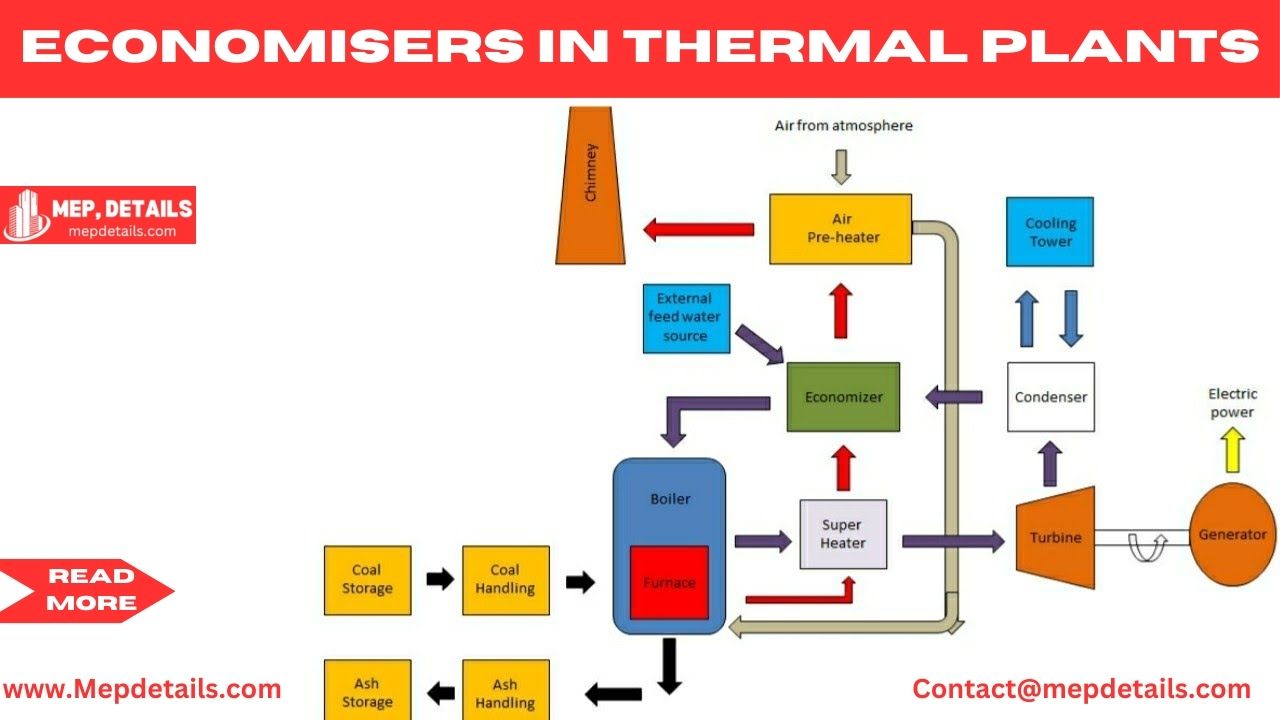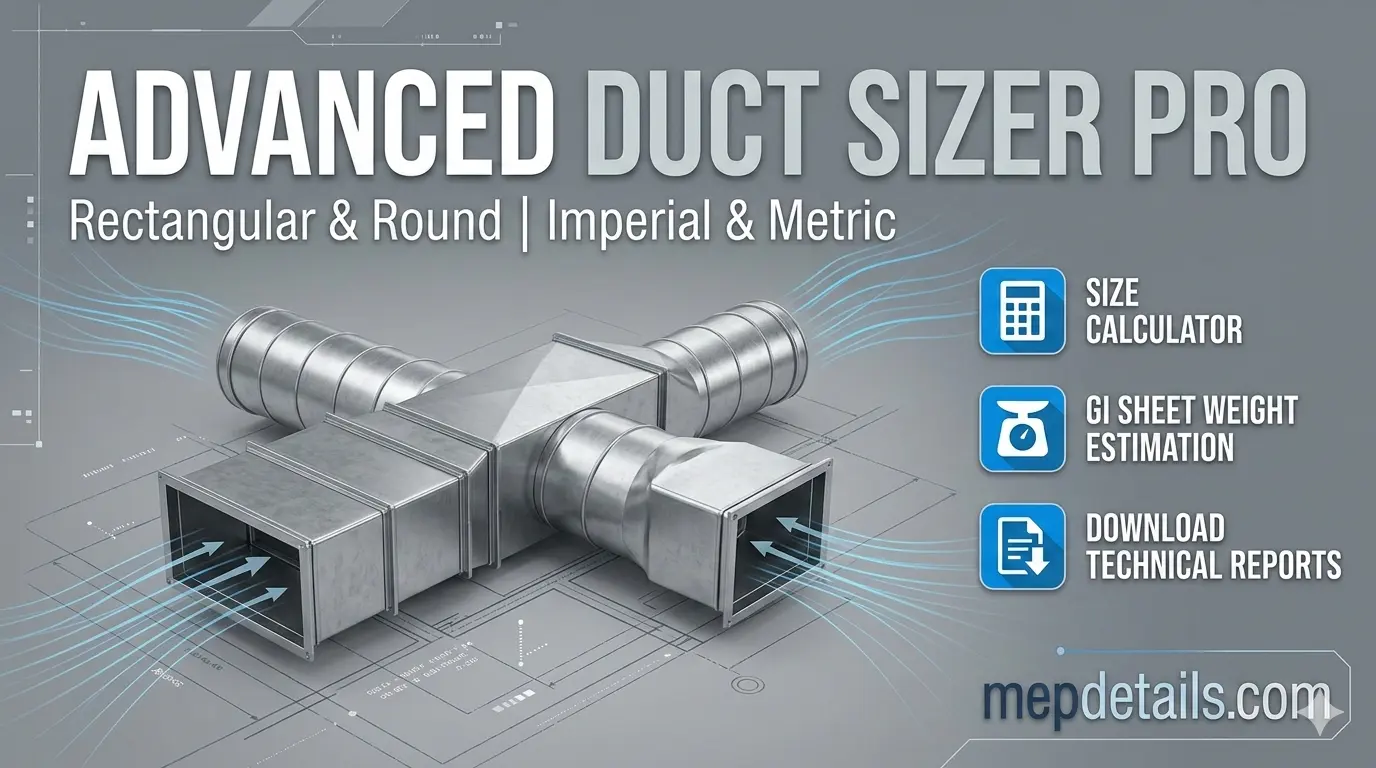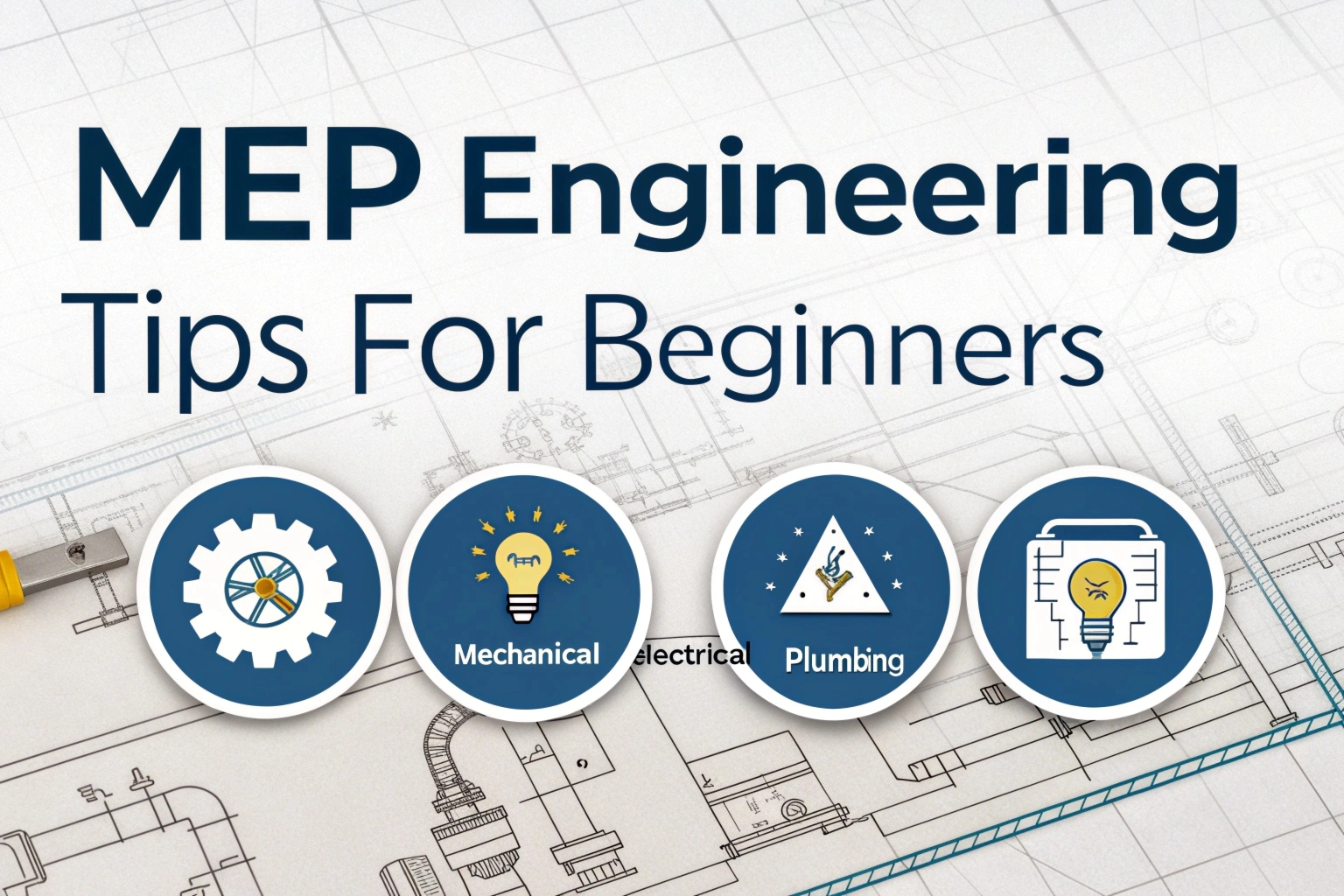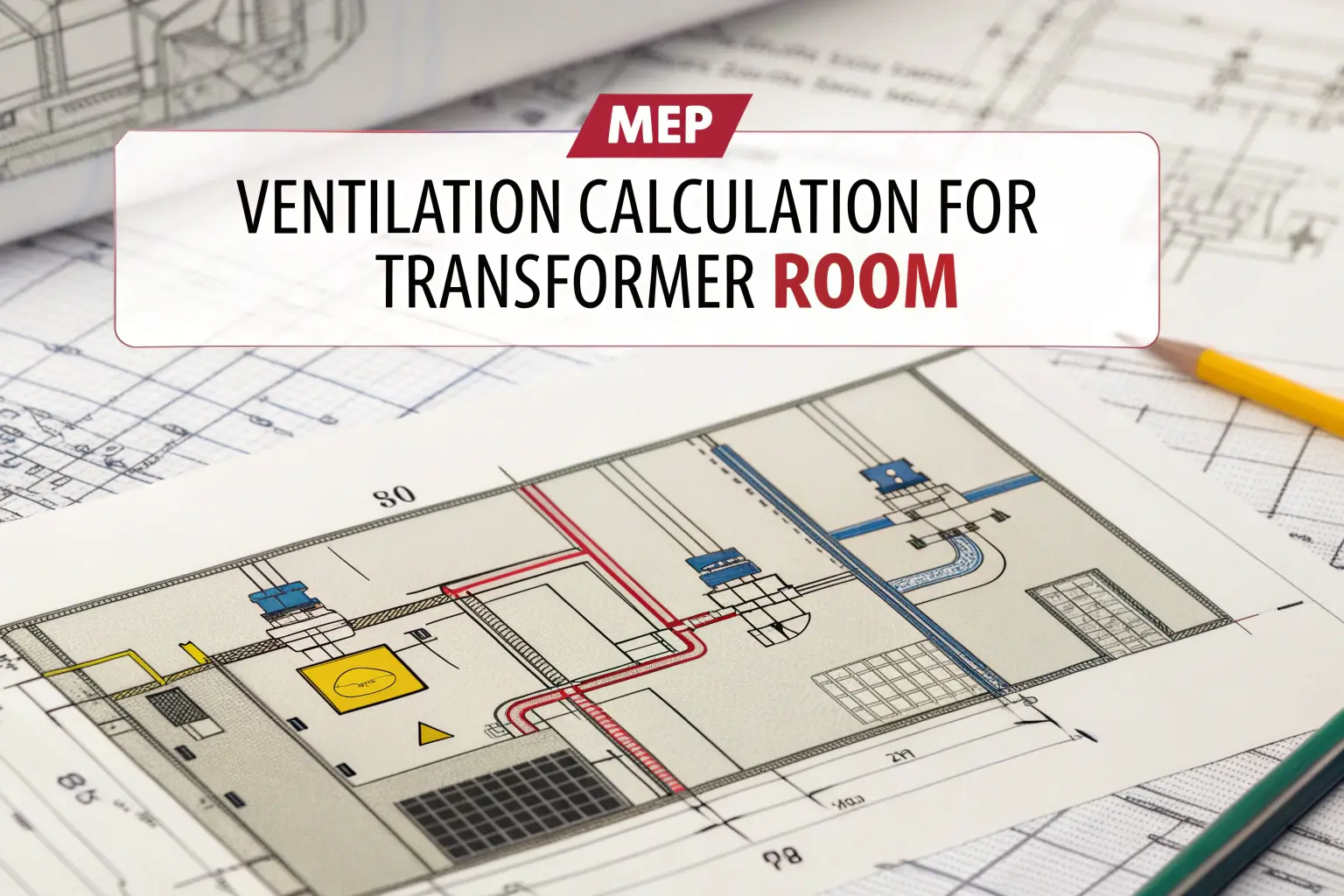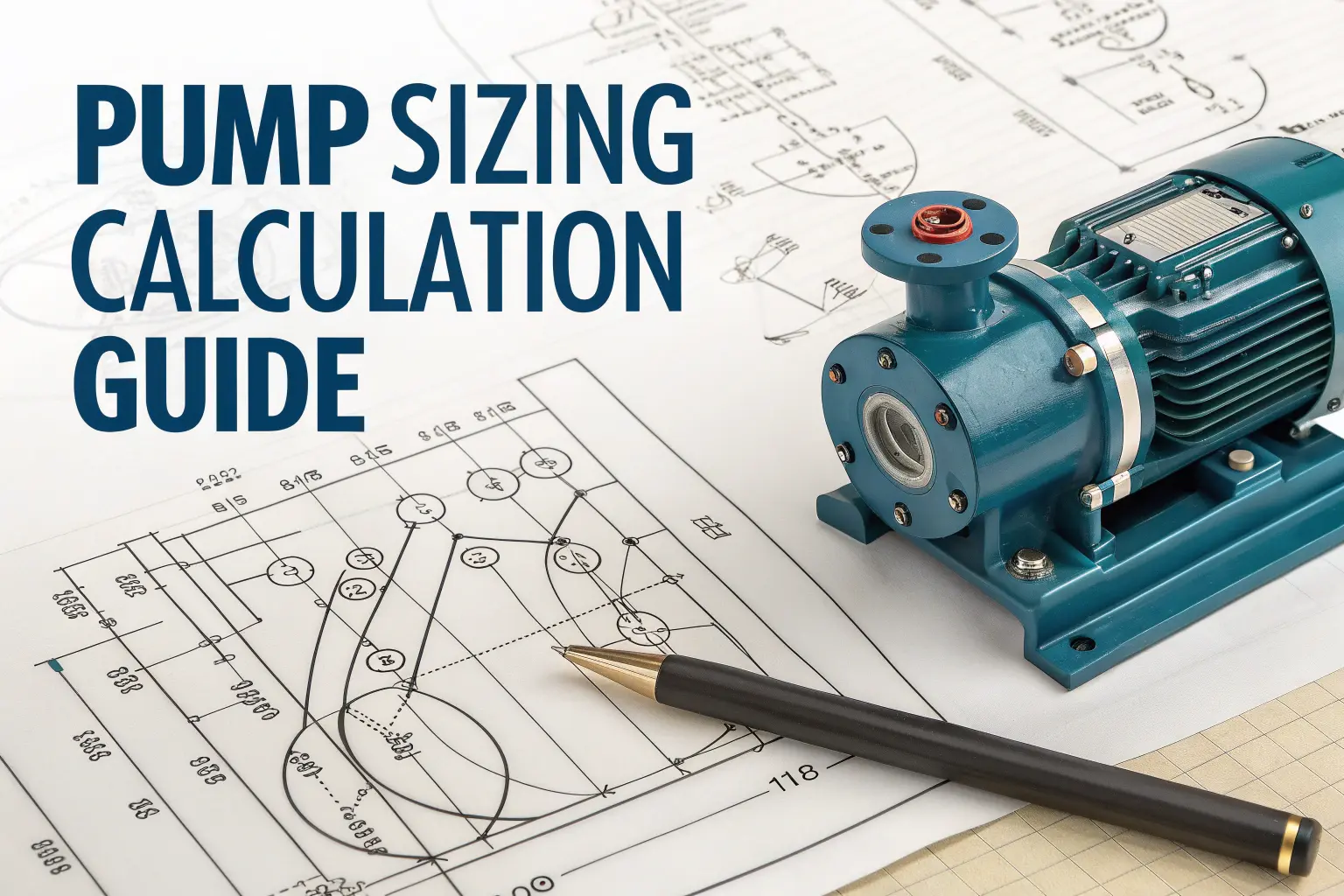ELECTRICAL
Cogeneration: How It Works and Its Key Benefits
Cogeneration is an energy system that combines heat and power generation to improve efficiency. It captures waste heat from electricity production and uses it ...
Electric Power Generation: An Overview
Electricity generation is essential for powering homes, industries, and all modern technologies. Different methods are used to produce electricity, each with its own advantages ...
Nuclear Power Station: A Comprehensive Overview
A nuclear power station (NPS), also called a nuclear power plant (NPP), generates electricity using heat from a nuclear reactor. Like other thermal power ...
Hydropower Plants: Definition, Working Principle, Types
A hydropower plant, or hydroelectric power plant, generates electricity by using the movement of water. Hydropower is a renewable energy source because it uses ...
Dealing With Water Hammer: What You Need To Know
Water hammer is to do with managing the loud pounding in the pipes whenever water flow ceases. It can harm your pipes in the ...
Maximizing Energy Savings with Economisers in Thermal Plants
Economisers in thermal plants prevent wastage of energy where exhaust gasses are used to heat feed water before it is taken to the evaporator. ...
Sources of Electrical Energy
Electrical energy comes from forces acting on electrically charged particles, like electrons in wires. This energy relies on the combination of current and electric ...
Thermoelectric Generators: Materials, Advantages, Applications
A thermoelectric generator (TEG), also known as a Seebeck generator, changes heat directly into electrical energy using the Seebeck effect. TEGs use temperature differences ...
Variable Frequency Drive: Types, Benefits, Working Principle
A Variable Frequency Drive (VFD), also known as an adjustable-speed or AC drive, controls the speed and torque of an AC motor by changing ...
Secondary Emission Explained
In particle physics, secondary emission happens when particles with enough energy hit a surface or pass through a material, causing other particles to release. ...
















